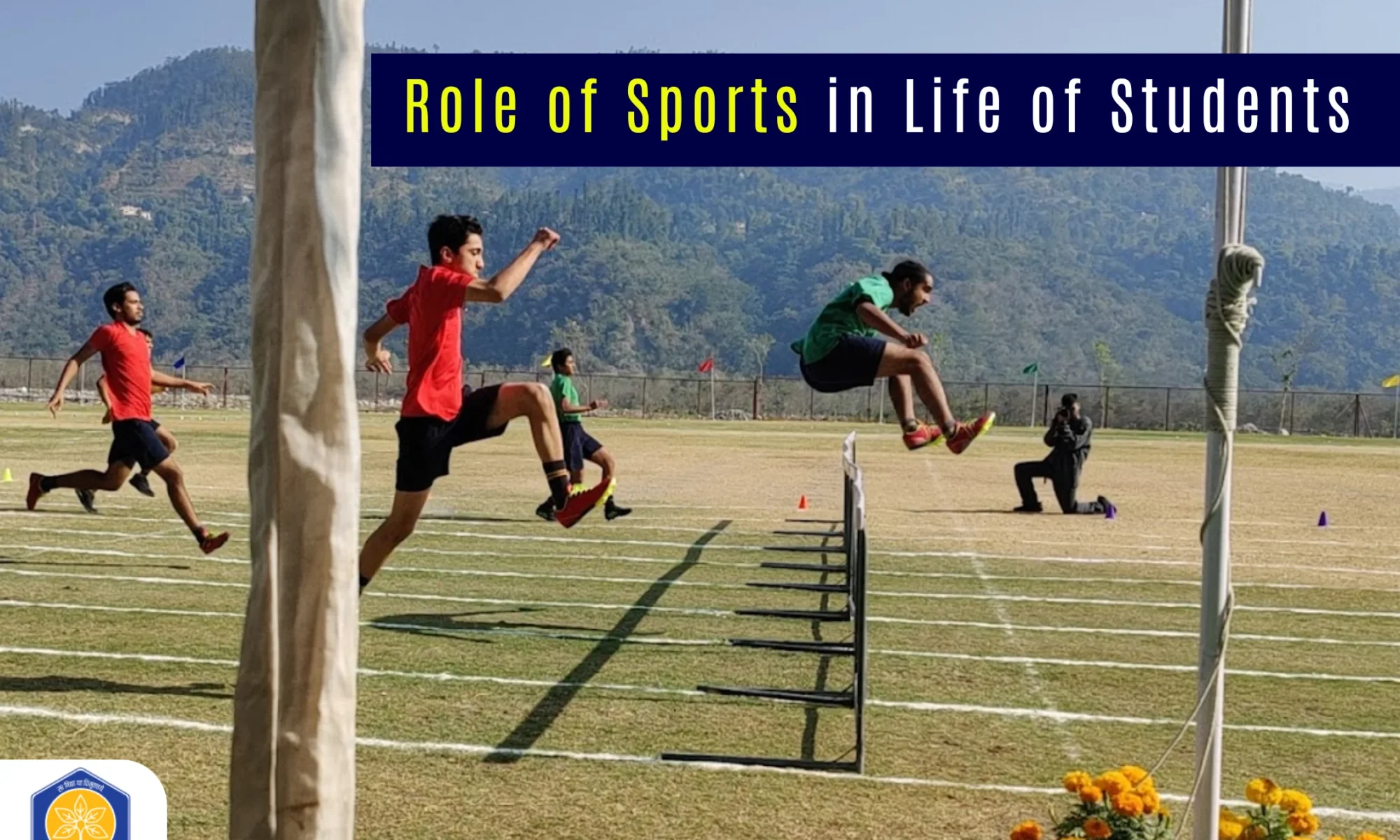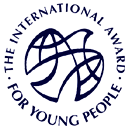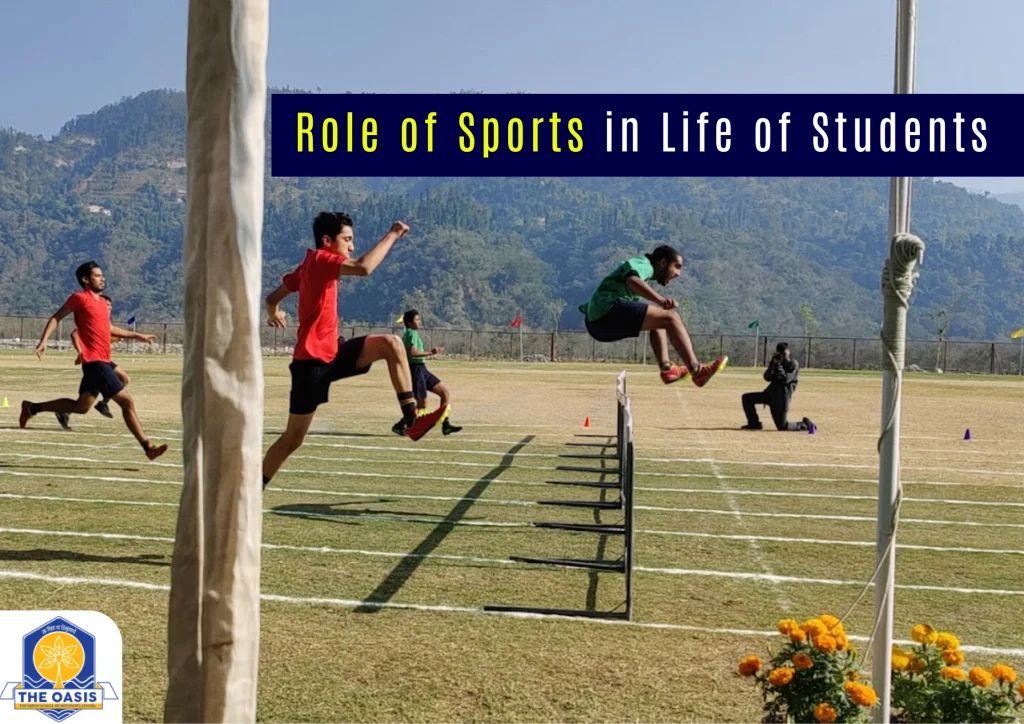 The role of sports in life has always been crucial, especially for students. As academic pressures rise and screen time increases, sports provide the necessary physical and mental balance.
Sports are not just about games or recreation, they’re a core part of student development, shaping personalities, building confidence, and instilling discipline. Across schools worldwide, sports have been integrated not only to improve fitness but also to foster teamwork and leadership qualities.
In India, especially in structured environments like Boys Boarding Schools in Dehradun, sports are treated as an integral part of education. These institutions understand that education goes beyond textbooks and that active participation in sports plays a defining role in shaping young minds.
The role of sports in life has always been crucial, especially for students. As academic pressures rise and screen time increases, sports provide the necessary physical and mental balance.
Sports are not just about games or recreation, they’re a core part of student development, shaping personalities, building confidence, and instilling discipline. Across schools worldwide, sports have been integrated not only to improve fitness but also to foster teamwork and leadership qualities.
In India, especially in structured environments like Boys Boarding Schools in Dehradun, sports are treated as an integral part of education. These institutions understand that education goes beyond textbooks and that active participation in sports plays a defining role in shaping young minds.
Why Sports Matter in Student Life ?
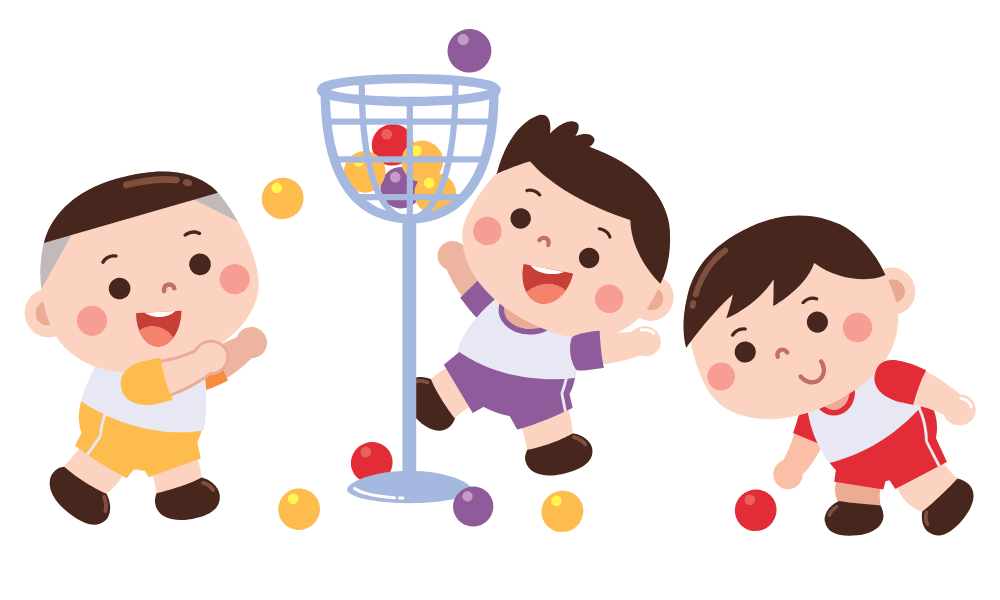 The role of sports in life becomes particularly important during the formative school years. Students are impressionable, energetic, and eager to explore. Sports allow them to channel this energy in productive ways. A balanced student life is one that values physical activity as much as academics.
The role of sports in life becomes particularly important during the formative school years. Students are impressionable, energetic, and eager to explore. Sports allow them to channel this energy in productive ways. A balanced student life is one that values physical activity as much as academics.
Key Benefits of Sports for Students:
While there are countless reasons why sports matter, here are some of the most impactful benefits:
Improved Physical Health: Sports promote cardiovascular health, build stamina, and enhance muscular strength, reducing risks of obesity and lifestyle diseases.
Mental Wellbeing: Physical activities release endorphins that help fight stress, anxiety, and depression—common issues among school-going children today.
Time Management Skills: Balancing studies and practice teaches students how to manage their time effectively.
Discipline and Responsibility: Training schedules, rules of the game, and fair play foster a sense of responsibility and self-control.
Leadership and Team Spirit: Students learn how to work as part of a team, respect others, and lead when required—lessons that go a long way in real life.
Academic Impact of Sports:
 One of the most misunderstood aspects of school sports is the belief that they interfere with academics. In reality, the role of sports in life includes enhancing academic performance.
Studies have shown that students who are physically active often show:
One of the most misunderstood aspects of school sports is the belief that they interfere with academics. In reality, the role of sports in life includes enhancing academic performance.
Studies have shown that students who are physically active often show:
- Better concentration in class
- Higher memory retention
- Increased cognitive flexibility
- Improved classroom behavior
Students involved in sports tend to be more disciplined in their studies. The skills developed during training sessions goal-setting, perseverance, dealing with failure translate directly to classroom success.
Sports and Character Building:
 The role of sports in life is not just about physical development. It also builds moral character. Being on the field teaches students the value of integrity, commitment, and humility. Whether it’s winning a match or losing gracefully, every experience contributes to a deeper sense of emotional intelligence and maturity.
Some life lessons sports teach students include:
The role of sports in life is not just about physical development. It also builds moral character. Being on the field teaches students the value of integrity, commitment, and humility. Whether it’s winning a match or losing gracefully, every experience contributes to a deeper sense of emotional intelligence and maturity.
Some life lessons sports teach students include:
- Respect for others (coaches, teammates, opponents)
- Accountability for actions
- Patience and resilience
- Coping with pressure
These are attributes that help students beyond their academic years and into adulthood.
How Schools Are Adapting to the Importance of Sports
Educational institutions have become more conscious of integrating sports into the curriculum. From weekly physical education periods to inter-school tournaments and specialized coaching, schools are giving students a platform to explore their athletic interests.
Modern schools offer:
- Dedicated sports periods in the timetable
- Annual sports days and house competitions
- Access to trained coaches and fitness experts
- Participation in state and national-level tournaments
This systematic approach ensures that the role of sports in life is not overlooked in pursuit of academic achievements.
Sports and Social Development
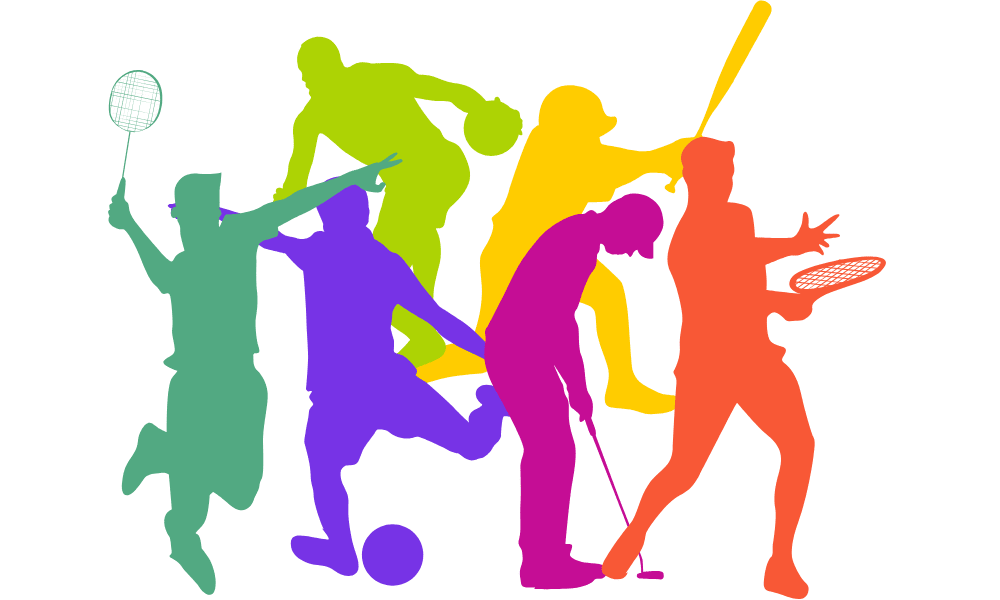 Another overlooked aspect of student life is social development. Engaging in sports allows students to interact beyond the classroom, building relationships based on shared experiences. Team-based sports, especially, improve interpersonal communication and collaboration.
Students also develop a sense of belonging and identity when they represent their school in competitions. It boosts self-esteem and cultivates a feeling of pride and loyalty.
Another overlooked aspect of student life is social development. Engaging in sports allows students to interact beyond the classroom, building relationships based on shared experiences. Team-based sports, especially, improve interpersonal communication and collaboration.
Students also develop a sense of belonging and identity when they represent their school in competitions. It boosts self-esteem and cultivates a feeling of pride and loyalty.
Popular Sports Played in Schools
 Depending on the region and facilities available, schools offer a wide range of sports. Here are some commonly encouraged sports that contribute to the overall growth of students:
Depending on the region and facilities available, schools offer a wide range of sports. Here are some commonly encouraged sports that contribute to the overall growth of students:
- Football
- Cricket
- Basketball
- Athletics
- Hockey
- Badminton
- Swimming
- Martial arts
- Yoga and fitness training
These activities not only improve physical endurance but also instill strong ethical values. The role of sports in life is highlighted through both individual sports that encourage self-mastery and team sports that promote collaboration.
Sports in Boarding School Environments
In residential schools, sports play an even more pivotal role. With students spending most of their time on campus, organized sports routines help structure their day. Physical fitness becomes a lifestyle rather than just an activity.
The role of sports in life becomes a lived reality in such environments, where morning jogs, evening matches, and regular tournaments are part of the school culture. This not only keeps students physically active but also mentally alert and socially engaged.
Role of Coaches and Mentors
 Behind every successful student-athlete is a mentor who guided them. Coaches in schools play a critical role in shaping the sporting spirit. They are often the role models who help students balance competitiveness with sportsmanship.
Good coaches don’t just train for performance—they instill discipline, encourage fair play, and offer emotional support. They make students realize that the true role of sports in life lies in self-improvement and character building, not just winning.
Behind every successful student-athlete is a mentor who guided them. Coaches in schools play a critical role in shaping the sporting spirit. They are often the role models who help students balance competitiveness with sportsmanship.
Good coaches don’t just train for performance—they instill discipline, encourage fair play, and offer emotional support. They make students realize that the true role of sports in life lies in self-improvement and character building, not just winning.
How Sports Shape Future Careers
Not every student may turn professional, but many develop a passion that extends into adulthood. From becoming PE teachers, fitness experts, sports journalists, and physiotherapists, sports can inspire diverse career choices.
Even for students not pursuing sports professionally, the confidence, self-discipline, and resilience developed through athletics benefit them in any career path they choose.
Sports and Holistic Education
The new definition of education is no longer limited to academic results. Holistic education is about shaping well-rounded individuals.
The role of sports in life fits seamlessly into this model, ensuring that students are prepared to handle real-world challenges with physical vitality and emotional intelligence.
Frequently Asked Questions (FAQs)
Ques 1. How does sports participation benefit students academically?
Ans. Sports help improve focus, memory, and classroom behavior, enabling students to perform better academically while also managing stress more effectively.
Ques 2. How do schools promote the role of sports in life?
Ans. Schools incorporate structured physical education programs, inter-house competitions, and professional coaching to support student growth through sports.
Ques 3. What skills do students learn through sports?
Ans. Sports teach essential life skills such as leadership, teamwork, discipline, problem-solving, and decision-making.
Ques 4. Do schools support students aiming for sports careers?
Ans. Many schools offer advanced coaching, sports scholarships, and opportunities to compete at national and international levels to support budding athletes.
Ques 5. How do sports improve time management skills in students?
Ans. Students learn to structure their day, prioritize tasks, and stay committed to both academics and sports practices.
 The role of sports in life has always been crucial, especially for students. As academic pressures rise and screen time increases, sports provide the necessary physical and mental balance.
Sports are not just about games or recreation, they’re a core part of student development, shaping personalities, building confidence, and instilling discipline. Across schools worldwide, sports have been integrated not only to improve fitness but also to foster teamwork and leadership qualities.
In India, especially in structured environments like Boys Boarding Schools in Dehradun, sports are treated as an integral part of education. These institutions understand that education goes beyond textbooks and that active participation in sports plays a defining role in shaping young minds.
The role of sports in life has always been crucial, especially for students. As academic pressures rise and screen time increases, sports provide the necessary physical and mental balance.
Sports are not just about games or recreation, they’re a core part of student development, shaping personalities, building confidence, and instilling discipline. Across schools worldwide, sports have been integrated not only to improve fitness but also to foster teamwork and leadership qualities.
In India, especially in structured environments like Boys Boarding Schools in Dehradun, sports are treated as an integral part of education. These institutions understand that education goes beyond textbooks and that active participation in sports plays a defining role in shaping young minds.
 The role of sports in life becomes particularly important during the formative school years. Students are impressionable, energetic, and eager to explore. Sports allow them to channel this energy in productive ways. A balanced student life is one that values physical activity as much as academics.
The role of sports in life becomes particularly important during the formative school years. Students are impressionable, energetic, and eager to explore. Sports allow them to channel this energy in productive ways. A balanced student life is one that values physical activity as much as academics.
 One of the most misunderstood aspects of school sports is the belief that they interfere with academics. In reality, the role of sports in life includes enhancing academic performance.
Studies have shown that students who are physically active often show:
One of the most misunderstood aspects of school sports is the belief that they interfere with academics. In reality, the role of sports in life includes enhancing academic performance.
Studies have shown that students who are physically active often show:
 The role of sports in life is not just about physical development. It also builds moral character. Being on the field teaches students the value of integrity, commitment, and humility. Whether it’s winning a match or losing gracefully, every experience contributes to a deeper sense of emotional intelligence and maturity.
Some life lessons sports teach students include:
The role of sports in life is not just about physical development. It also builds moral character. Being on the field teaches students the value of integrity, commitment, and humility. Whether it’s winning a match or losing gracefully, every experience contributes to a deeper sense of emotional intelligence and maturity.
Some life lessons sports teach students include:
 Another overlooked aspect of student life is social development. Engaging in sports allows students to interact beyond the classroom, building relationships based on shared experiences. Team-based sports, especially, improve interpersonal communication and collaboration.
Students also develop a sense of belonging and identity when they represent their school in competitions. It boosts self-esteem and cultivates a feeling of pride and loyalty.
Another overlooked aspect of student life is social development. Engaging in sports allows students to interact beyond the classroom, building relationships based on shared experiences. Team-based sports, especially, improve interpersonal communication and collaboration.
Students also develop a sense of belonging and identity when they represent their school in competitions. It boosts self-esteem and cultivates a feeling of pride and loyalty.
 Depending on the region and facilities available, schools offer a wide range of sports. Here are some commonly encouraged sports that contribute to the overall growth of students:
Depending on the region and facilities available, schools offer a wide range of sports. Here are some commonly encouraged sports that contribute to the overall growth of students:
 Behind every successful student-athlete is a mentor who guided them. Coaches in schools play a critical role in shaping the sporting spirit. They are often the role models who help students balance competitiveness with sportsmanship.
Good coaches don’t just train for performance—they instill discipline, encourage fair play, and offer emotional support. They make students realize that the true role of sports in life lies in self-improvement and character building, not just winning.
Behind every successful student-athlete is a mentor who guided them. Coaches in schools play a critical role in shaping the sporting spirit. They are often the role models who help students balance competitiveness with sportsmanship.
Good coaches don’t just train for performance—they instill discipline, encourage fair play, and offer emotional support. They make students realize that the true role of sports in life lies in self-improvement and character building, not just winning.

